The European scientific and territorial cooperation and the EU Mission “Restore our Ocean and Waters” by 2030, with its applied projects, are an important segment of our work. EU projects are major drivers for designing, testing, and uptaking innovative solutions to cope with monitoring, removing, and recycling marine litter and plastics in aquatic ecosystems.
VLPF designs and promotes projects and networks aimed at catalysing skills and resources for the prevention and reduction of plastic pollution through the use and development of bio-based products, normative and social innovation and blue circular economy processes;
VLPF overall protects and enhances cultural heritage and landscape, pursuant to Legislative Decree 22 January 2004, no. 42, and subsequent modifications.
HORIZON EUROPE PROJECTS
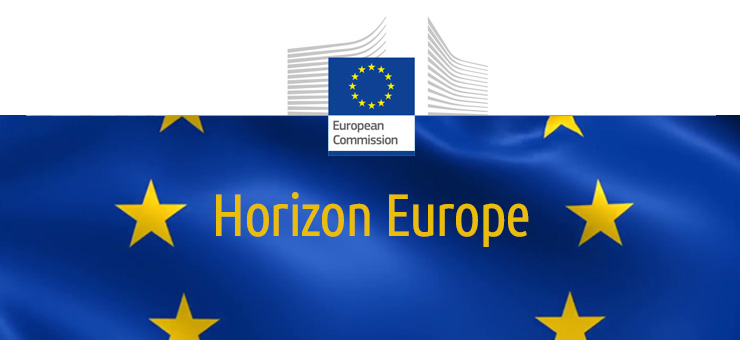
SeaClear 2.0
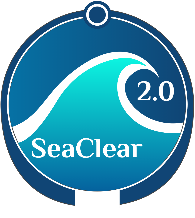
SeaClear2.0 (Scalable Full-cycle Marine Litter Remediation in the Mediterranean: Robotic and Participatory Solutions) is an autonomous robotic system coupled with civic activation to address marine litter.
After the success of the first autonomous robotic system designed under SeaClear 1.0 to search for, identify, and collect seafloor litter, Venice Lagoon Plastic Free is proud to be the only NGO and the single Italian partner of this new challenging European enterprise carried out by a consortium of European researchers committed to develop a team of robots to collect litter from the surface and deeper regions of the Mediterranean.
Within the framework of the project, VLPF has developed a gamified for public-engagement app and portal for marine litter awareness and clean up. The portal provides a front end for project operators and public users for the data collected by the app. VLPF validates the portal and app functionalities in the pilot site of Venice and its lagoon by working with local users (NGOS, CSOs, rowing clubs, tourism and recreational sector) organised by an encompassing and locally devised Community of Practice (CoP) to roll out several rounds of dedicated events.
Along side the coordination of CoP for plastic litter pollution in Venice, VLPF is the focal organisation for the operational testing of the highly innovative SeaClear2.0 unmanned robotic vessel, called the SeaCat, conceived for the identification and removal of marine litter from the bottom and surface.
Start: 01/01/2023
Duration: 48 months
EU Mission: Restore our Ocean and Waters
REMEDIES
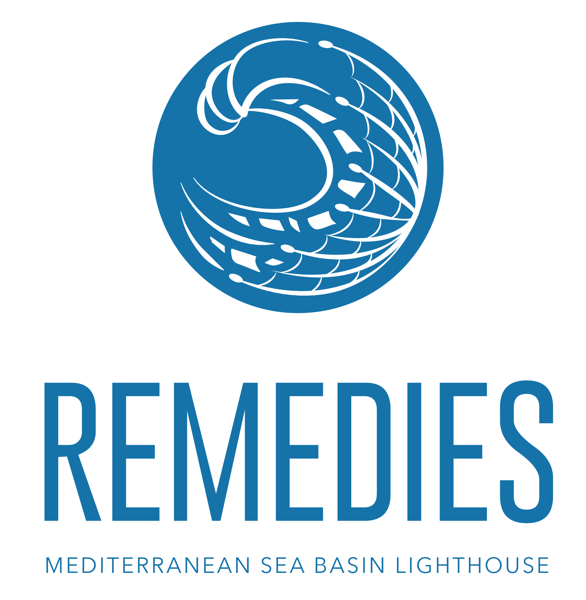
The overall objective of the REMEDIES (Co-creating strong uptake of REMEDIES for the future of our oceans through deploying plastic litter valorisation and prevention pathways) project is to attract public interest for deploying remedies for our seas. The efforts to monitor and collect plastic litter, as well as to prevent the generation of litter in the first place, should become mainstream, and an everyday part of our lives. REMEDIES will thus aim to create a trend of plastic prevention by exploitation of traditional and modern channels and with the help of citizen’s science fostering co-creation of participatory processes, building a more plastic-conscious society. To reach this goal, we need to identify appropriate wording and target the “pain relievers” of each relevant stakeholder. These REMEDIES will be achieved through the following specific objectives:
– To monitor macro- and microplastic waste in 8 Mediterranean areas.
– To collect and valorise >422 tons of plastic litter.
– To prevent the further deposition of an equivalent of >61 tons of plastic.
– To reach >250,000 people and activate >2,000 citizens.
– To scale and replicate zero-waste innovations in ~50 more sites.
VLPF plays the role of a single lighthouse case study applied to the Shoreline marine litter survey app development and testing in cooperation with INFORDATA and in compliance with the new international protocols to monitor marine litter. The Lighthouse has high visibility and a vision for the entire project and relies on our previous capitalisation of H2020 projects and specific institutional networks for impact maximisation: EMODNET and WWF Plastic Smart Cities.
VLPF leads the task related to the overall training and coordination for clean up and mobilisation activities of the demo sites of the project.
Venice paves the way for other demo sites in the Mediterranean in cooperation with our partners in Italy, Greece, Slovenia, Albania and Morocco.
The project consortium is composed of 23 partners.
Start date: 15/12/2022
Duration: 48 Months
Topic: HORIZON-MISS-2021-OCEAN-03-01 – Mediterranean Sea basin lighthouse – actions to prevent, minimise and remediate litter and plastic pollution
HORIZON 2020 PROJECTS

In-No-Plastic
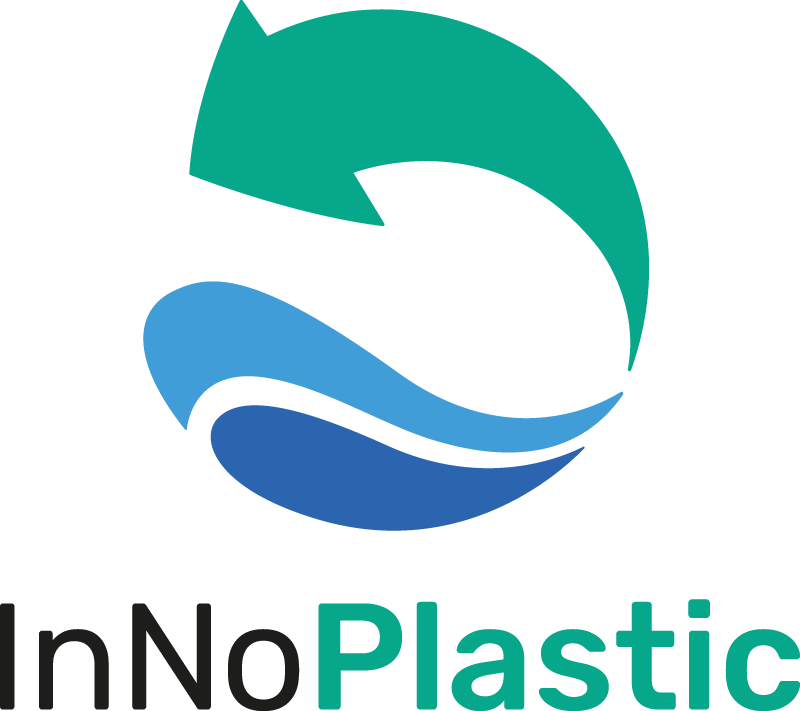
In-No-Plastic (Innovative approaches towards prevention, removal and reuse of marine plastic litter) is a three year EU funded project within Horizon 2020 Research and Innovation framework, with the goal to develop and demonstrate the effectiveness of tackling nano, micro, and macro-plastic clean-up technologies in the aquatic ecosystems.
The approach taken is a combination of social and technical clean-up strategies targeting the industrial hot spots through cooling water systems (CWS) in harbours, lagoons, shores and the shallow sea water with other innovative social and technological solutions. It also investigates different recycling methods, aiming to connect plastic removal with circular economy processes and, therefore, close the loop in the circular plastic economy.
In-No-Plastic gathers 17 partners from 10 countries and four pilot sites.
Venice Lagoon Plastic Free, the Consortium’s single Italian partner, organises international scientific events and conducts marine litter cleanup with new devices and specific apps at the service of the world heritage site of Venice and its Lagoon.
VLPF successfully played the role of Communication Work Package leader and demo site manager for the in-field activities of micro-macroplastics sampling, monitoring, and cleanup. Moreover, VLPF has set out the International Workshop on Marine Litter Monitoring, Removal and Circular Economy, which is held each year as part of the International Boat Show of Venice, a legacy of the project.
Start: 01/10/2020
Duration: 42 months
Topic: CE-FNR-09-2020 – Pilot action for the removal of marine plastics and litter
MAELSTROM
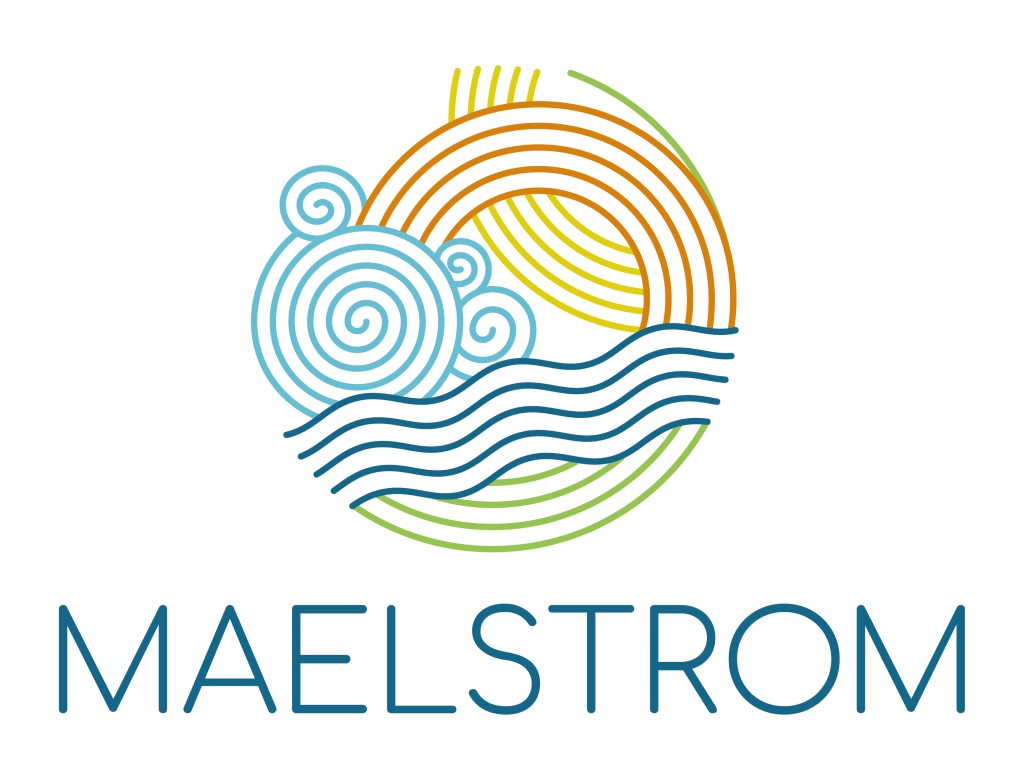
MAELSTROM (Smart technology for marine litter sustainable removal and management) is a Horizon 2020 twin project of In-No-Plastic. Main goals of the project are:
- Assessing the effectiveness and impact of marine litter removal on coastal marine ecosystems
- Removing marine litter from the seabed and both the lower and upper water columns
- Feeding into the plastic circular economy and sustainability
- Clustering of blue technologies for joint plastic strategy-oriented efforts
- Engaging society for marine litter prevention, removal and circular economy
VLPF co-designed the whole project and played a role in the Environmental Assessment Work Package, Blue Circular Solution Work Package for Hard to Recycle Plastics derived from Marine Litter, along with co-development functions of an integrated proof of concept of a digital solution for ML tracking, clean up and recycling later fine-tuned developed in SeaClear 2.0 and REMEDIES.
14 partners from 8 countries constitute project’s Consortium.
Start: 01/01/2021
Duration: 48 months
Topic: CE-FNR-09-2020 – Pilot action for the removal of marine plastics and litter
INTERREG PROGRAMME

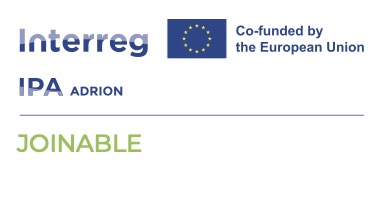
The JOINABLE project (JOINt approAch to Blue circuLar Economy) for the Adriatic and Ionian Region, is a transnational initiative under the Interreg IPA-Adrion program, co-financed by the European Union.
JOINABLE aims to develop a blue and circular economy from abandoned waste found in the sea and inland waters through a transnational and territorial cooperation approach.
Over its three-year duration, JOINABLE will promote digital solutions for monitoring macroplastics through transnational citizen science campaigns, also fostering cooperation and interaction with projects from the Mission Ocean and Waters, of which VLPF is a member (SeaClear2.0, REMEDIES).
In collaboration with WWF, the Plastic Smart Cities program, and other organizations, action plans and partnerships will be developed among EU Member States and IPA countries (Instrument for Pre-Accession Assistance) to strengthen policies and practices for marine litter recovery and recycling at the local level.
The main objective is to promote the development of the blue circular economy in the coastal regions of the Adriatic and Ionian seas and to create a network of volunteers, municipalities, and SMEs to transform abandoned plastic waste in nature into secondary raw materials for the production of objects for public use.
Among its core activities, JOINABLE aims to develop common strategies for monitoring and cleaning marine and inland waters, stimulating cross-border cooperation between participating countries, including Albania, Croatia, Greece, Italy, North Macedonia, and Montenegro.
In the JOINABLE project, Venice Lagoon Plastic Free is responsible for coordinating Work Package 2 “Bottom-up approach to blue economy”. Specifically, it will focus on:
• Creating a collaborative framework involving agencies, NGOs, and local communities to promote the blue circular economy.
• Promoting transnational cooperation to monitor and clean marine and freshwater environments.
• Contributing to the collection of detailed data on marine litter, which will be accessible to local decision-makers through the European database EMODnet.
• Encouraging active citizen participation in sustainable waste management, fostering a virtuous cycle in the blue circular economy.
The project includes 8 partners from 6 countries.
Start date: 01/09/2024
End date: 30/08/2027
Duration: 36 months
OTHER PROJECTS
Ghost Boats Programme
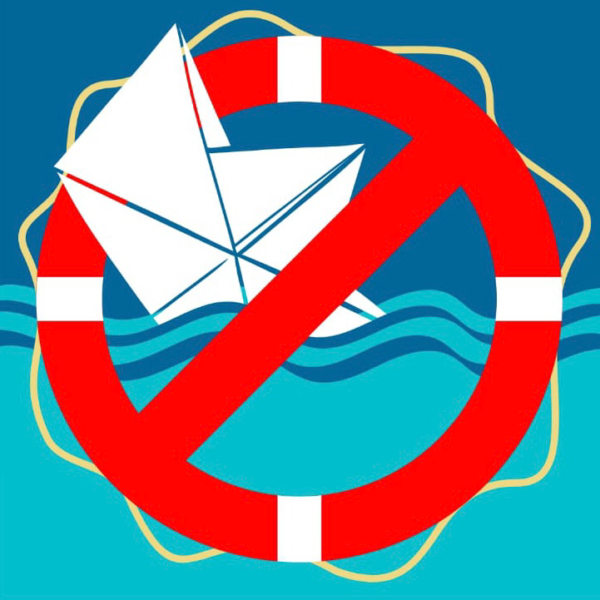
Ghost Boats‘ are unregistered fibreglass boats abandoned along Venice Lagoon’s shorelines, waterways, and canals. Thousands of boats are estimated to have sunk into the water, often left for years in hard-to-reach and unvisited locations – although these places are no less well-loved and respected.
The presence of these Ghost Boats contributes to the diffusion of macro- and micro-contaminants deriving from their paints, resins, and metals. The boats also obstruct canals, which can become dangerous obstacles to navigate, depending on the tide; alongside this, their presence undermines the natural beauty of Venice Lagoon, which UNESCO has recognised as a World Heritage Site for its immense cultural and environmental value.
VLPF has launched a permanent programme to identify, remove, and recycle every Ghost Boat in Venice Lagoon, including all its components, from fibreglass reinforced plastic (FRP) to metals and other plastics.
Help us achieve this ambitious goal of identifying and removing Venice’s Ghost Boats!